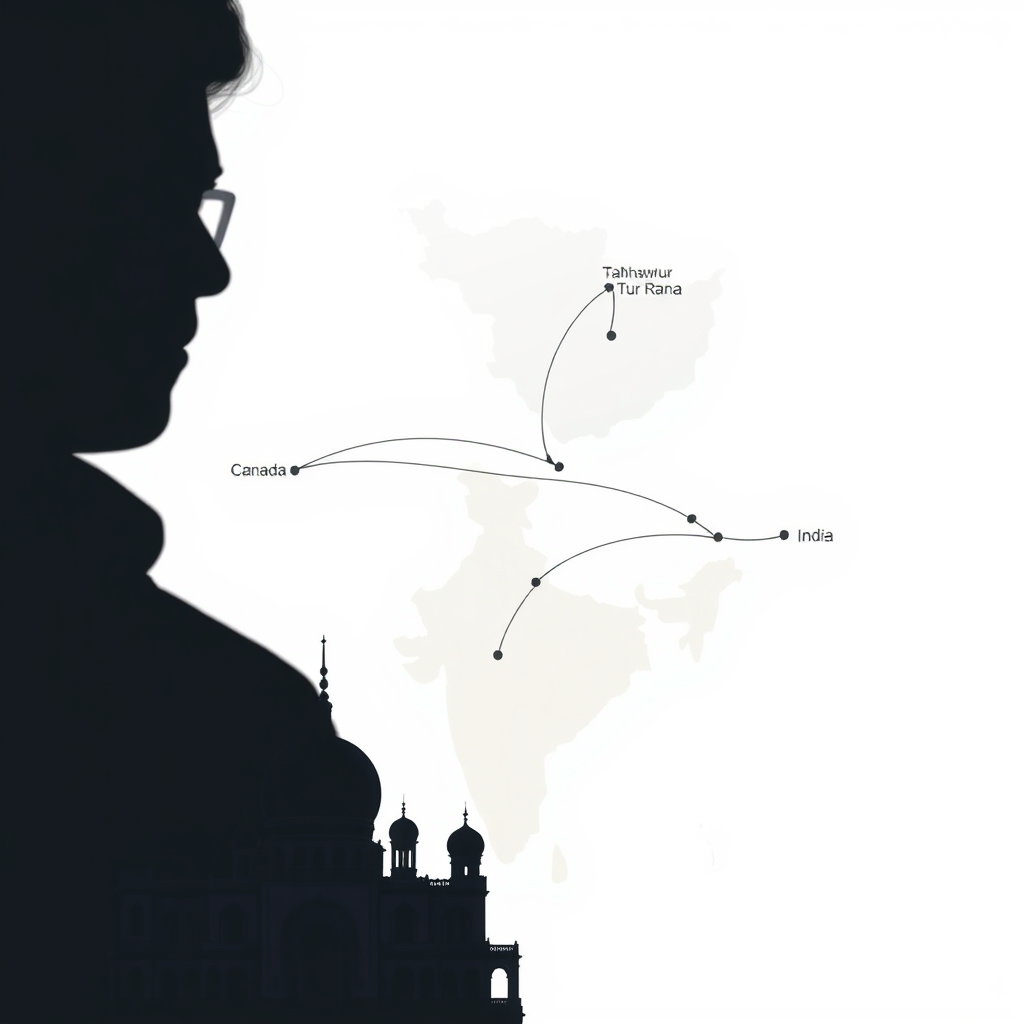26/11 Accused Rana No Longer in US Custody

Tahawwur Rana, accused in the 2008 Mumbai terror attacks, is no longer in the custody of the US Bureau of Prisons, according to federal officials. The development signals his likely imminent extradition to India, a process that has been fraught with legal challenges and diplomatic considerations.
As of April 8, 2025, Rana is not listed as an inmate within the BOP system, an agency spokesperson confirmed. This follows a series of denials by the US Supreme Court of his attempts to block extradition, culminating in a final rejection of his petition earlier this week.
Rana, a Pakistani-born Canadian national and associate of David Coleman Headley, a key figure in the Mumbai attacks, argued that extradition would violate US law and potentially subject him to torture in India, citing his multiple severe health conditions – including heart disease, Parkinson’s, kidney disease, and a history of COVID-19. He also raised concerns about potential discrimination as a Muslim of Pakistani origin. However, these arguments failed to sway the courts.
A multi-agency team from India has been in the US completing the necessary legal and logistical arrangements for Rana’s transfer. The extradition was greenlit following a decision by US Secretary of State Marco Rubio, and publicly announced by President Donald Trump during a joint press conference with Prime Minister Narendra Modi in February.
The case has been a significant point of contention in US-India relations, with India seeking Rana’s extradition for years to face charges related to the coordinated attacks that killed 166 people in Mumbai. The attacks targeted a railway station, two luxury hotels, and a Jewish center, and brought the two nations to the brink of war.
The US-India joint statement following Modi’s visit reiterated a commitment to combating terrorism and called on Pakistan to bring the perpetrators of the 26/11 attacks, as well as the Pathankot attack, to justice.
While Rana’s legal team requested information regarding assurances from India about his treatment, the US government reportedly declined to provide it. This raises serious ethical questions about the US’s responsibility to ensure the well-being of an individual it is extraditing, even one accused of such heinous crimes. The speed with which the extradition is proceeding, despite these concerns, suggests a prioritization of diplomatic ties over individual rights.
The case serves as a stark reminder of the enduring impact of the 2008 Mumbai attacks and the complex interplay of law, diplomacy, and human rights in the pursuit of justice. It remains to be seen whether India will be able to provide Rana with a fair trial and adequate medical care, and whether the US will adequately address the concerns raised about his potential mistreatment.